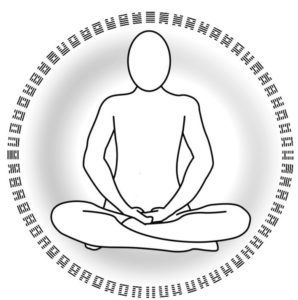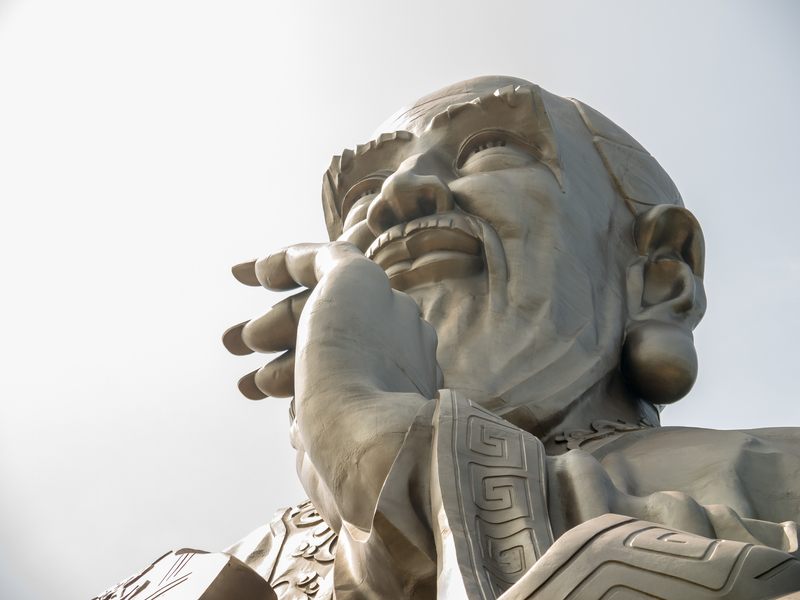The Indescribable
 Truth is truth; everything else is just ‘opinion’. Dicerning between these two can be very difficult to say the least! Development of spirit leads towards a single, unified state. Though the path to this place will vary from tradition to tradition. Damo teaches through the language and tradition of the Dao as this was the tradition he has found himself immersed within.
Truth is truth; everything else is just ‘opinion’. Dicerning between these two can be very difficult to say the least! Development of spirit leads towards a single, unified state. Though the path to this place will vary from tradition to tradition. Damo teaches through the language and tradition of the Dao as this was the tradition he has found himself immersed within.
No spiritual tradition is higher than another, each has their merits as well as their own individual characteristics. Daoism is a tradition with very specific aspects to it, elements which make it unique in its approach to elevation of consciousness. The characteristics of classical Daoism can be summarised as follows:
- Daoism has no gods within its teachings. Whilst it recognises that there are people within its history who attained levels of development worthy of recognition it does not advocate the worship of these people. This changed with the modern conversion of Daoism into a religion but it certainly was not the original ethos of the tradition. There are over 300 recognised gods within the history of our world. Each of these is a human-created personification of a concept which is above human understanding. To believe that one god is absolute and true over the other 299 is a clear mistruth based upon learnt bias largely dependant upon your ethnicity and the indoctrination of your family and society. Daoism recognises that the concept of ‘gods’ is based upon the personification of an indescribable state of connection and as such does not advocate the creation of such concepts with the acquired mind. That being said, there are past practitioners who attained levels of conscious existence that is does pay its respect to. Respect and reverence are very different things.
- Because of its non-attempt to define the nature of higher existence Daoism took the term of Dao as its namesake. many attempts have been made to define the term Dao but all fall short. For that reason we summarise the term to mean ‘non-definition’. This makes Daoism ‘non-definism’. It is for this reason that the focus for the study was upon the ‘path’ or the ‘way’. Emphasis must be upon the journey itself rather than the definition since the definition cannot be defined, only experienced.
- Though the theory of Daoism is complex, it is always underpinned by the idea that everything must be directly experienced. Imagination is not a part of the Daoist tradition. Instead there should be direct and unmistakable results which could not possibly be put down to imagination alone. The reason that Daoism focused upon the development of such tangible reactions within their practice was that they recognised the biggest pitfall in many practitioners development – delusion. Without a doubt, delusion is the worst enemy of all cultivators of any spiritual tradition!
- Daoism follows the principles that a persons spirit must be developed and then ‘cleaned’ through the shedding of distortions within the mind. As this takes place a person will be led towards a state of inner stillness – the place from which transformation comes.
Along the way, a person’s study of Dao should lead them towards better health, a clearer mind and more balanced emotional states. These are the foundations upon which further energetic and spiritual development takes place.

